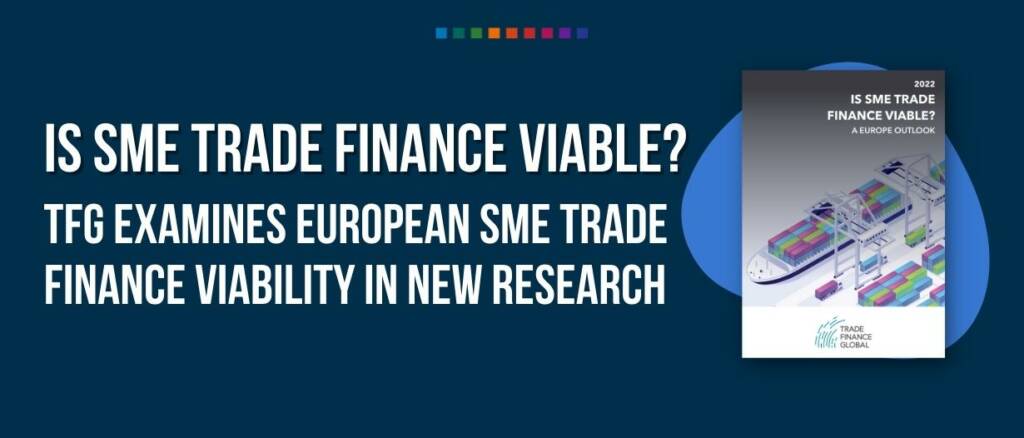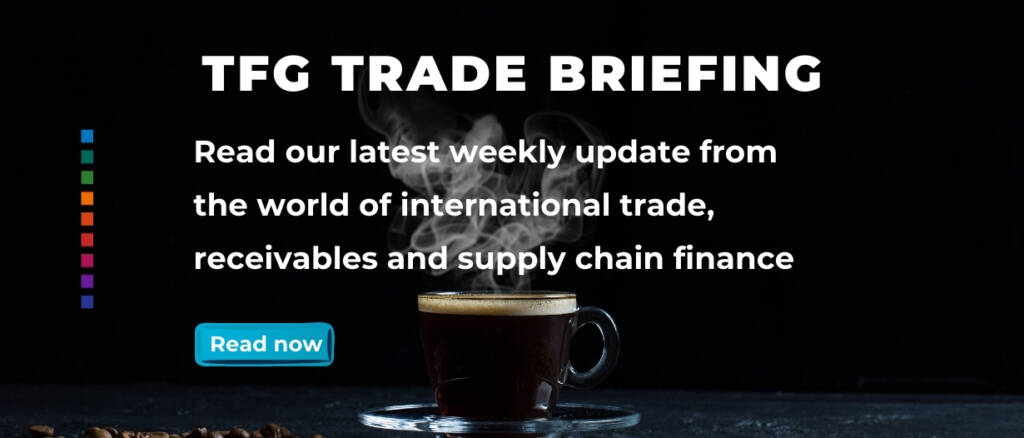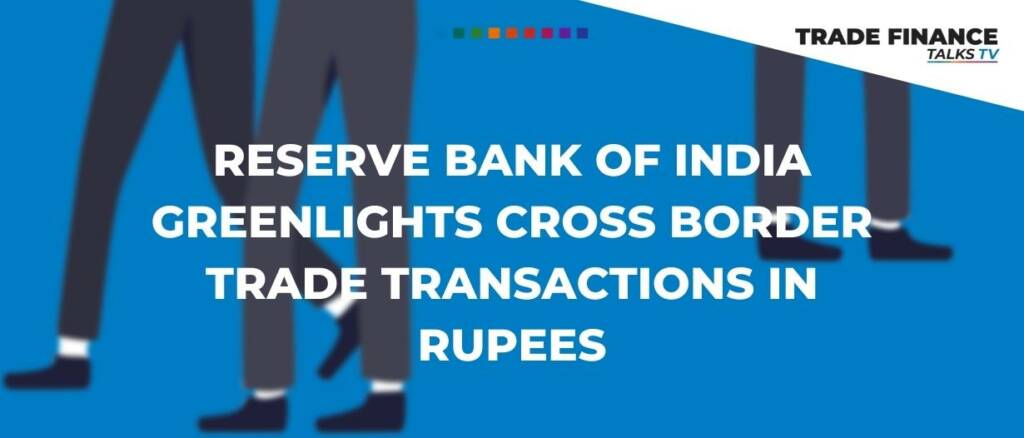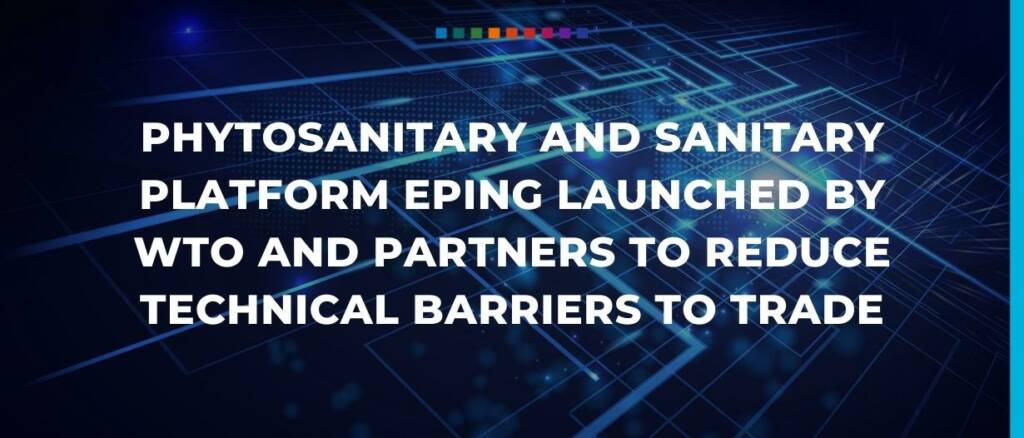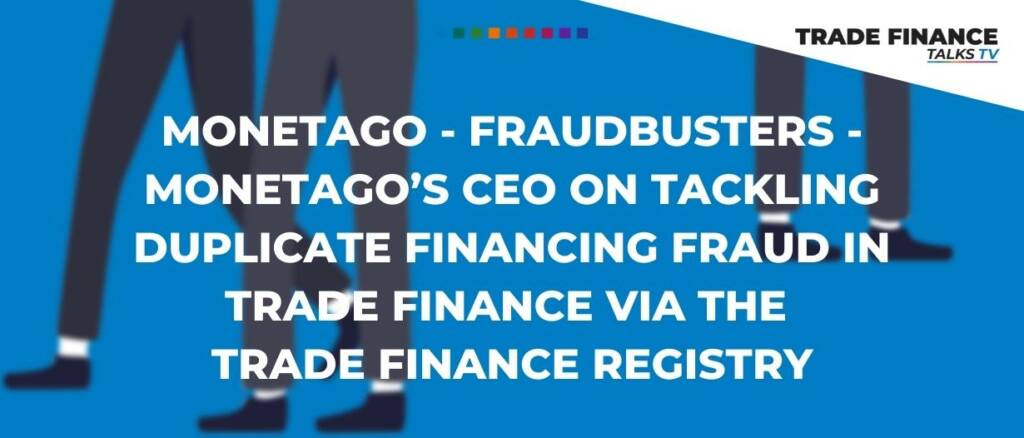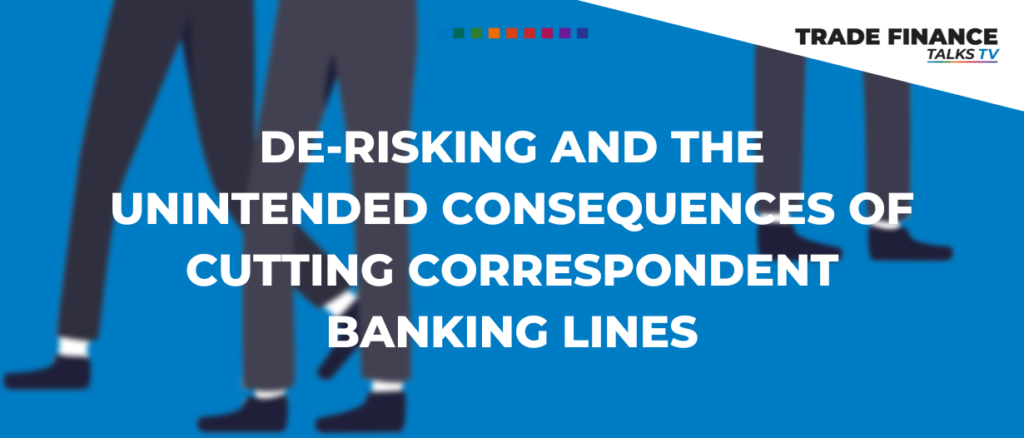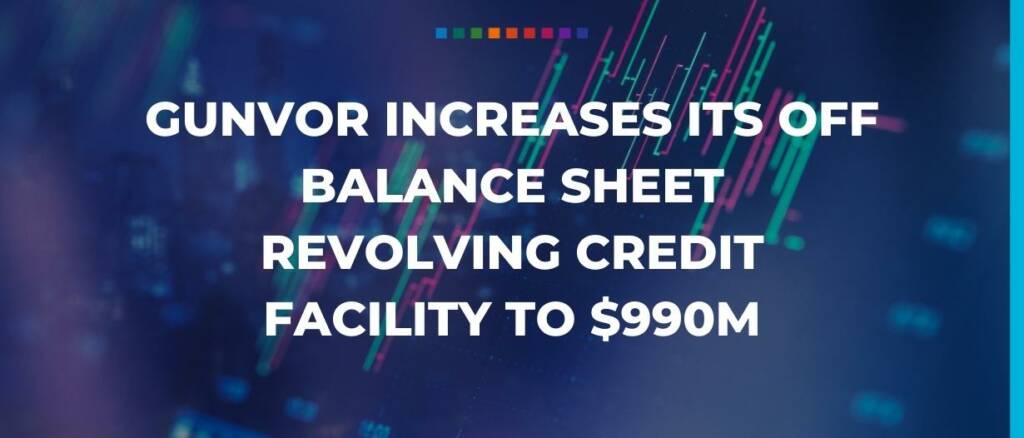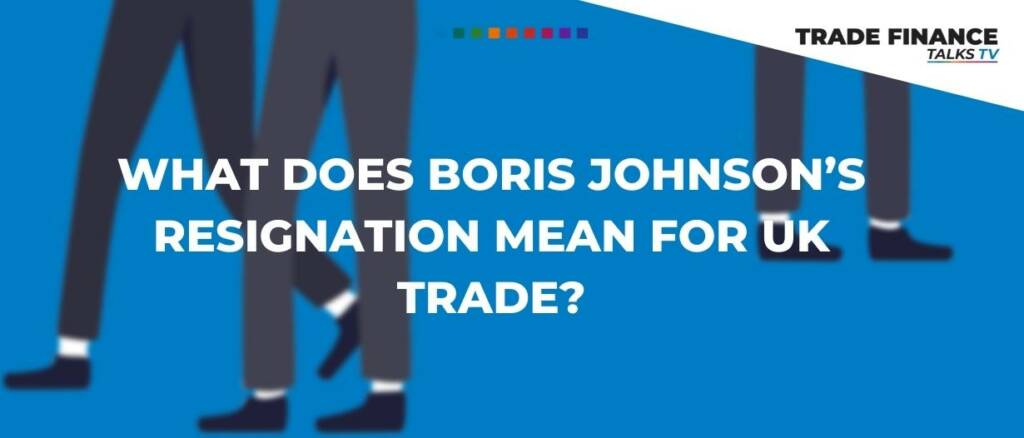Despite high inflation, record energy prices, and geopolitical uncertainty, demand for trade finance SMEs is on the rise.
The supply chain crunch needs liquidity to oil its wheels. Will the current commodities price surge be enough to lure lenders back into the trade finance business?
Your Monday morning coffee briefing from TFG: Euro hits parity with US dollar for the first time in 20 years
Indian exporters and traders can now accept payment in Indian Rupees (INR), rather than US dollars, according to new rules introduced by the Reserve Bank of India The Reserve Bank… read more →
An improved version of the online alert system ePing launched on 13 July, facilitating tracking of sanitary and phytosanitary (SPS) and technical barriers to trade (TBT) measures. SPS tool ePing… read more →
With the trade finance gap at an all-time high, some tech companies are creating novel solutions to help combat the wide-scale fraud that has challenged the sector for many years, making it a more attractive space for lenders once again.
TFG spoke to Jesse Chenard of MonetaGo to find out more.
Elitza Kavrakova from Raiffeisen Bank International AG discusses how, despite years of discussion, commercial bankers have not seen much improvement in the process of de-risking.
Gunvor Group Ltd has signed a $990 million Off Balance Sheet Instruments (OBSI) revolving credit facility. This has been enacted in favour of Gunvor SA, Gunvor International B.V., Gunvor Deutschland… read more →
Your Monday morning coffee briefing from TFG: What does Boris Johnson’s resignation mean for UK trade?
On Thursday, Boris Johnson resigned his role as UK Prime Minister.
TFG explores the potential impact that this political sea change could have on trade and the possible longer-term economic implications for the UK.















